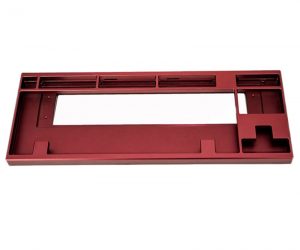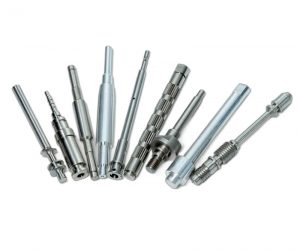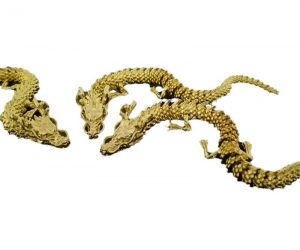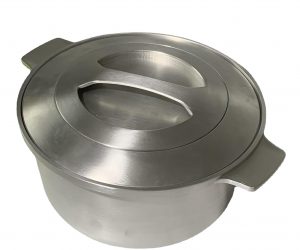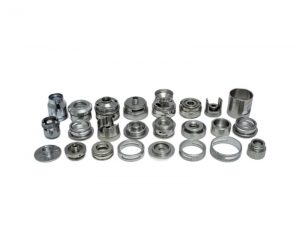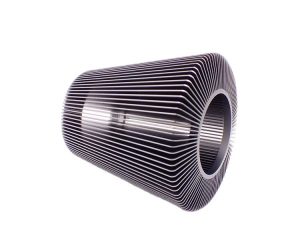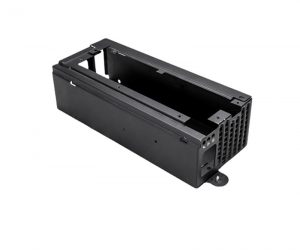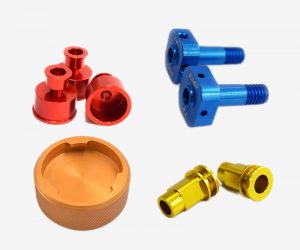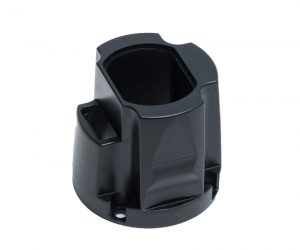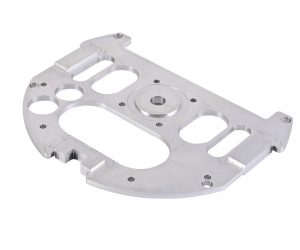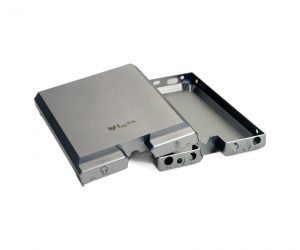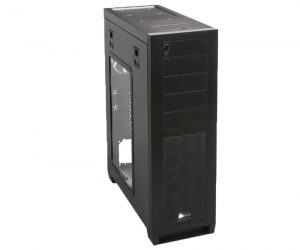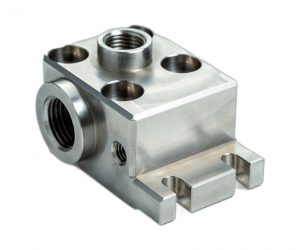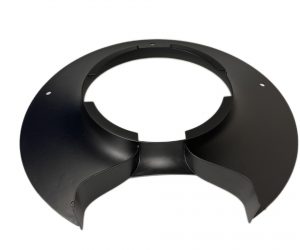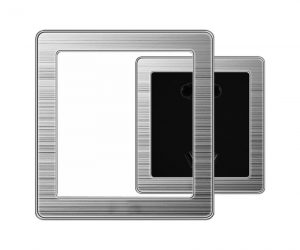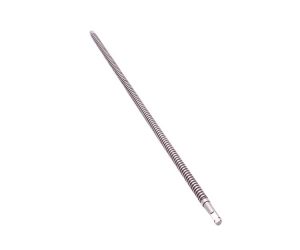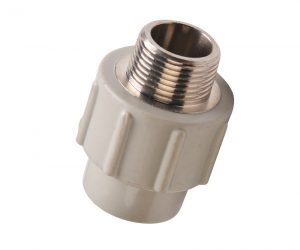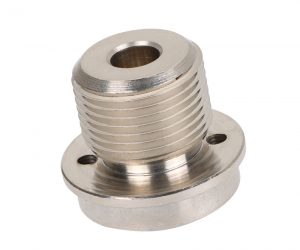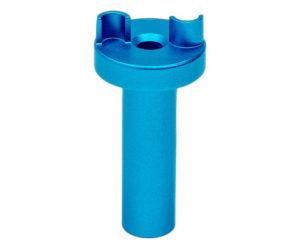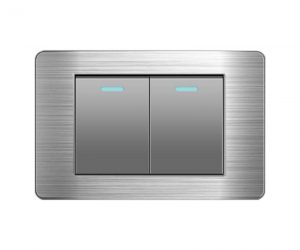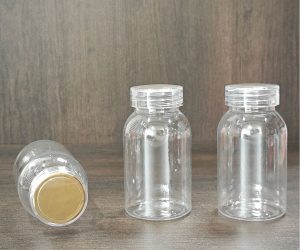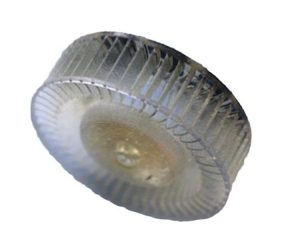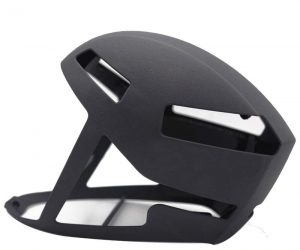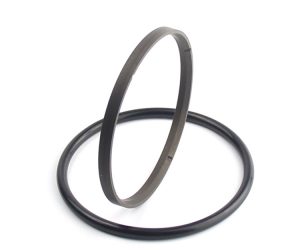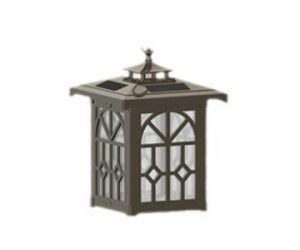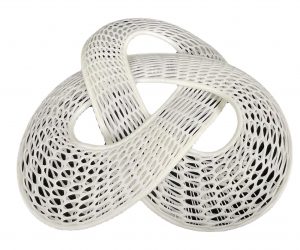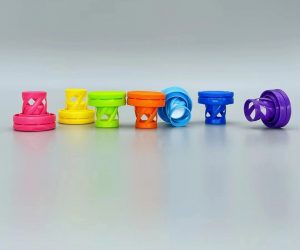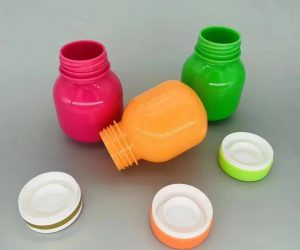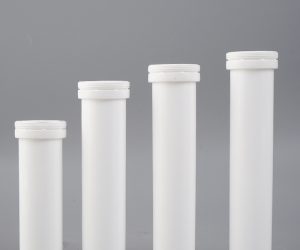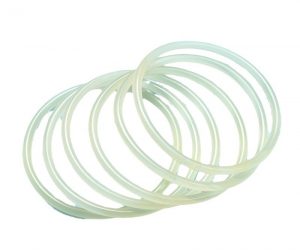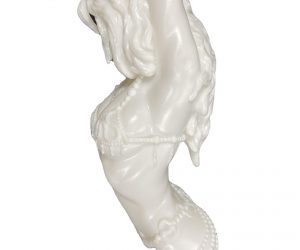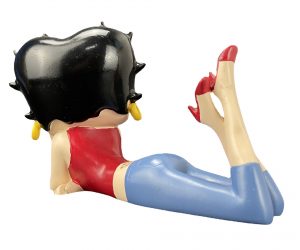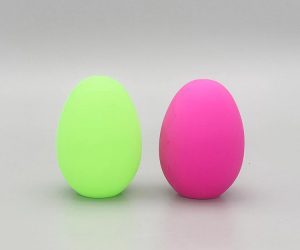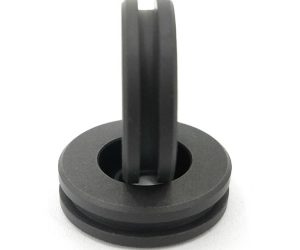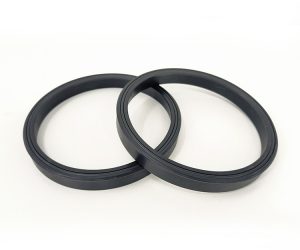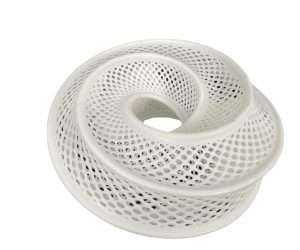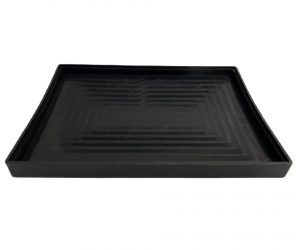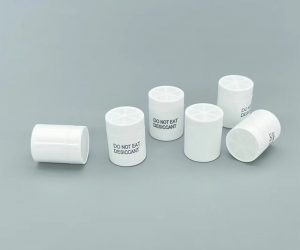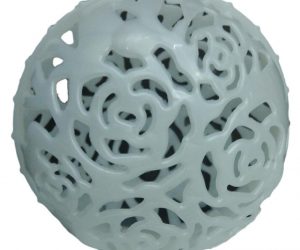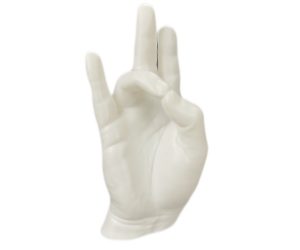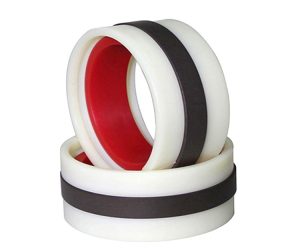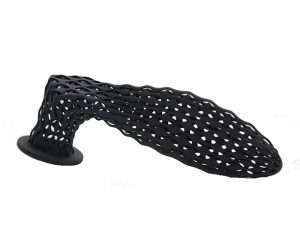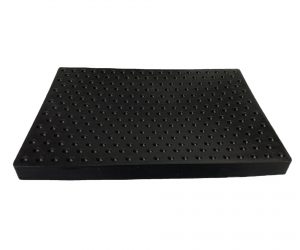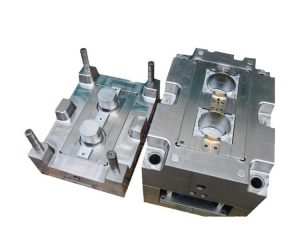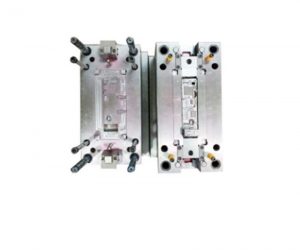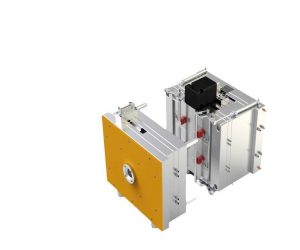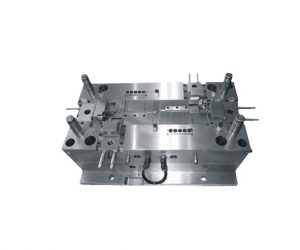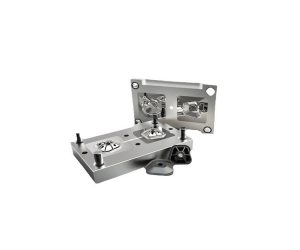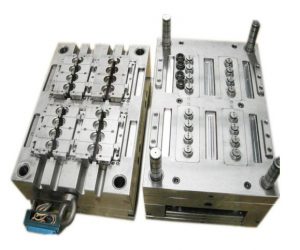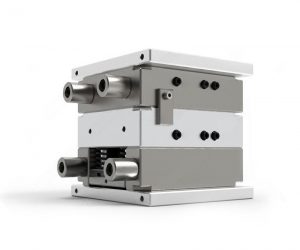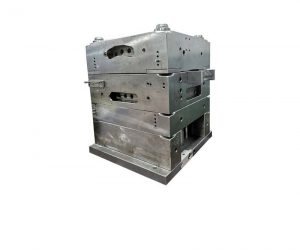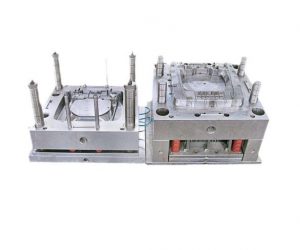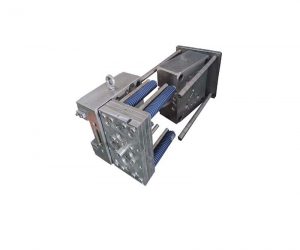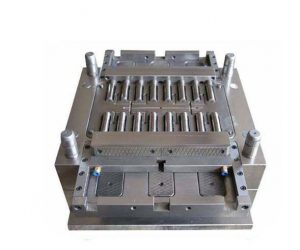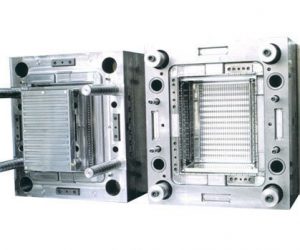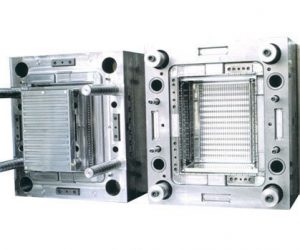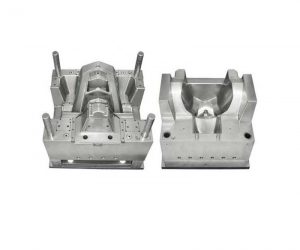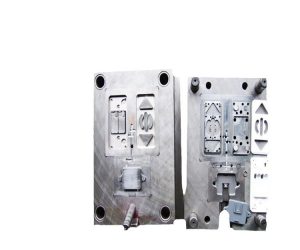Picking the right tough die steel is super important for making precise plastic parts. It impacts how long your mold lasts, how well it works, and how fast you can make stuff. Here's what to think about when choosing die steel:
- Material Properties: You need steel that's really hard and resistant to wear. This keeps your mold in good shape for a longer time because plastic materials can be pretty rough on it.
- Steel Grade: There are different types of die steel like H13, P20, S136, NAK80, and 420SS. Each one has its own strengths, so talk to material experts to find out which one is best for your project.
- معالجة السطح: Make sure you can polish the steel to get a smooth surface. A smoother surface means less friction between the mold and the plastic, leading to better quality parts and less wear on the mold.
- Heat Treatment: The steel needs to be treated properly to make it as hard and resistant as possible. Choose steel that heat treatment can improve.
- Corrosion Resistance: Think about the environment your mold will be in and the type of plastic you're using. Some plastics can damage the mold, so pick steel that can handle those conditions.
- Thermal Conductivity: If the steel can conduct heat well, it helps cool down the mold faster, which is good for making better parts quickly.
- Cost: Balance the price with how well the steel performs and how long it will last. Sometimes spending more upfront can save you money in the long run by lasting longer and being more efficient.
- Supplier Reputation: Work with suppliers known for their high-quality steel and good support.
- Application-Specific Requirements: Consider things like how many parts you'll make, how complex they are, and if the steel works well with your materials.
To make a smart choice, talk to materials experts, mold designers, and experienced moldmakers. They can give you all the details you need to pick the best steel and keep your mold in top shape for a long time.
Injection molds are like the special tools we use to make plastic stuff. They're also what give these plastic things their perfect shape and size. We use this method called injection molding when we need to make a bunch of parts that are really tricky shapes. When making these parts, the kind of steel the factory uses for the mold is super important because it affects how good the final product turns out. This is especially true for those really precise electronic bits and bobs.
So, how do we pick the right steel for our injection molds?
First off, during injection molding, things get pretty hot in there. That's why we need to use a type of steel that can handle the heat. It needs to be tough enough so that even when it's hot, it doesn't mess up the mold's measurements. This keeps everything just right.
Next up, the plastic stuff we're using can be a bit harsh on the mold. It's got all sorts of chemicals in it that can wear down the steel over time. To stop this from happening too quickly, we gotta choose a steel that fights back against rust and wear.
Plastic products usually need to look shiny and nice. For that, the inside of the mold has to be really smooth. If it's not, the plastic won't come out looking good. So, we pick steel without any bumps or holes in it. After making the mold, we even smooth it out more with special tools.
Lastly, remember how fast the plastic moves inside the mold? That speed can rub against the steel and wear it down. To keep our products top-notch quality, even after making loads of them, we need steel that stands up to all that friction.
In the plastic injection molding process, wear-resistant die steel plays a crucial role in the quality of the final product. The wear resistance of the die steel can affect the service life of the mold, the production efficiency, and the quality of the molded product. Selecting the appropriate wear-resistant die steel for precision plastic injection molding is therefore essential. Here are some tips to help you select the right wear-resistant die steel for your plastic injection molding needs:
- Consider the hardness: The hardness of the die steel should be high enough to resist wear and tear during the injection molding process. Generally, a hardness of around 50-60 HRC is suitable for precision plastic injection molding.
- Check the toughness: In addition to hardness, the die steel should also have good toughness to prevent cracking or breaking during the injection molding process. High toughness die steel can withstand high stress levels and prevent damage to the mold.
- Evaluate the corrosion resistance: Plastic injection molding involves the use of different types of plastic materials, some of which may be corrosive. The die steel selected should have good corrosion resistance to prevent damage to the mold due to chemical reactions.
- Look for high-temperature resistance: Injection molding process requires high temperature, and the die steel should be able to withstand such temperature. The selected die steel should have high-temperature resistance to avoid melting or deformation during the injection molding process.
- Consider the wear resistance: The die steel used in plastic injection molding should have excellent wear resistance to avoid the wear and tear that occurs during the injection molding process.
When choosing wear-resistant mold steel, you need to talk to experienced experts to ensure that you choose the right material that suits your specific needs. Regular maintenance of molds is also important, as it can ensure that wear-resistant steel is used for a longer period of time. Take good care of it, choose the right wear-resistant steel, and achieve higher efficiency, lower cost, and better performance in precision plastic injection molding.

